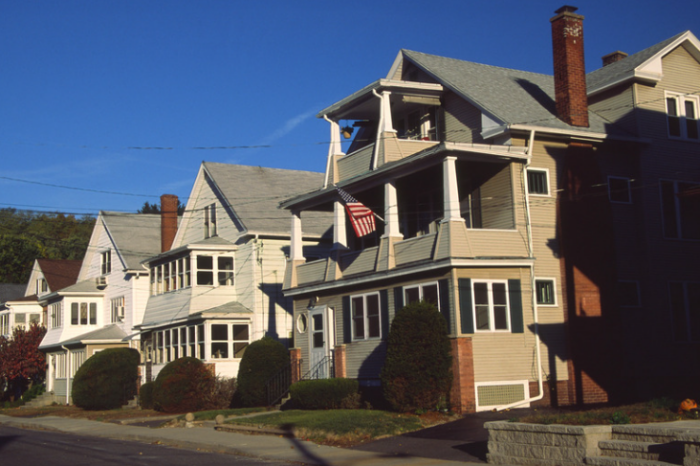Statement on MBTA Communities Law Milton Ruling
Today, the Massachusetts Supreme Judicial Court ruled that the MBTA Communities law (Section 3A) is constitutional and that AG Andrea Campbell may enforce the letter of the law by litigating against noncompliant municipalities, a major victory for the state’s economy and environment. Allowing more housing to be built in some of the most transit-accessible, amenity-rich parts of the state will help connect more people to job opportunities, limit the carbon footprint of new construction, address the state’s harrowing housing shortage, and help stem the tide of talented young workers leaving Massachusetts for more affordable locales.
In September 2024, the Pioneer Public Interest Law Center filed an amicus brief in support of the AG’s case against Milton. Pioneer Institute has also championed Section 3A via both a public comment on the draft regulations and a white paper detailing implementation efforts in various municipalities.
However, today the SJC also found that the Executive Office of Housing and Livable Communities (EOHLC), the state agency responsible for implementing Section 3A, failed to follow proper administrative procedures to promulgate the law’s guidelines. The EOHLC will have to re-release the guidelines while filing proper notices and impact statements with other state agencies, the timeline for which is unclear.
Ultimately, communities that have delayed or rebuffed MBTA Communities compliance will have to comply with the law. Governor Healey has promised to implement emergency regulations “by the end of this week,” and the defiant stance of certain communities may open them up to immediate lawsuits from the state.
The MBTA Communities Act has largely put the ball in the court of the 177 cities and towns subject to it, giving them at least three years to comply and a lot of agency over the exact location and regulatory details of the new zoning. In communities that did not pick up that ball, today’s SJC ruling ensures the law’s full implementation and enforcement, an acknowledgement that building new multi-family, transit-oriented housing is imperative to the future prosperity of our Commonwealth.



